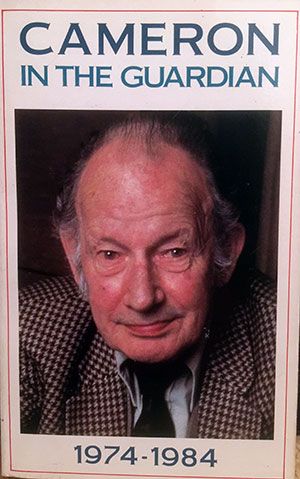Dennis Hopper’s photography…..
 Photographers dream of being in that right place at that right time, lack of photographic skill can be forgiven if the subject is right and in Dennis Hopper: The Lost Album we see what is essentially a photography enthusiast with the ultimate back stage access to pretty much anything happening culturally in the sixties.
Photographers dream of being in that right place at that right time, lack of photographic skill can be forgiven if the subject is right and in Dennis Hopper: The Lost Album we see what is essentially a photography enthusiast with the ultimate back stage access to pretty much anything happening culturally in the sixties.
Hopper was given a camera by his wife following a lean period in acting during the late fifties and early sixties when he became something of a persona non grata in Hollywood with a reputation for being difficult to work with. These ‘lost years’ of Hopper’s are documented in this coffee table book which serves as a remarkable account of the era in many ways.
 Hopper would of course, go on to star in the ultimate Hells Angels movie, Easy Rider (1969) but not before photographing the real-life bikers who were getting a reputation for their anti-social lifestyle. Hopper was never a biker, he followed the hippie and free speech movements, took large quantities of drugs which would haunt him throughout the next two decades and from this collection it is clear that he embraced some of the biker way of life. Hopper’s portfolio of the biker scene runs from 1961 to 1967 and all show a lighter side to the gang members, appearing closer to the hippie scene than the infamous chapter which ‘policed’ the tragedy at the Rolling Stones concert in Altamont in 1969, a night many would term as ‘the end of the sixties’.
Hopper would of course, go on to star in the ultimate Hells Angels movie, Easy Rider (1969) but not before photographing the real-life bikers who were getting a reputation for their anti-social lifestyle. Hopper was never a biker, he followed the hippie and free speech movements, took large quantities of drugs which would haunt him throughout the next two decades and from this collection it is clear that he embraced some of the biker way of life. Hopper’s portfolio of the biker scene runs from 1961 to 1967 and all show a lighter side to the gang members, appearing closer to the hippie scene than the infamous chapter which ‘policed’ the tragedy at the Rolling Stones concert in Altamont in 1969, a night many would term as ‘the end of the sixties’.
 But the Hells Angels were not the only youth movement ripping up the stereotype of American life, the sixties was the decade of protest, from the civil rights movement to the bitter divisions caused by the war in Vietnam. Here we find Hopper more in tune with the moment, his photographs of Martin Luther King’s march on Washington in 1963 and the civil rights march in Alabama two years later were published and gave weight to his name as a photographer.
But the Hells Angels were not the only youth movement ripping up the stereotype of American life, the sixties was the decade of protest, from the civil rights movement to the bitter divisions caused by the war in Vietnam. Here we find Hopper more in tune with the moment, his photographs of Martin Luther King’s march on Washington in 1963 and the civil rights march in Alabama two years later were published and gave weight to his name as a photographer.
His Hollywood contacts and credentials gave him access to the ‘beautiful people’ of the day, his portrait of Andy Warhol is particularly good and I suppose that is how I would summarise the book. He wasn’t a particularly skillful photographer in the technical sense but he was in a lot of ‘right’ places and being a ‘face’ allowed him to capture people and moments that were always going to be photogenically superior to the norm.
 If you love the documentation of the sixties then this will go a long way in pleasing you, as I write, his Easy Rider co-star, Peter Fonda has passed away from lung cancer. Both embodied a particular lifestyle synonymous with the decade and glimpses of that can be found within these pages.
If you love the documentation of the sixties then this will go a long way in pleasing you, as I write, his Easy Rider co-star, Peter Fonda has passed away from lung cancer. Both embodied a particular lifestyle synonymous with the decade and glimpses of that can be found within these pages.
Categories: Retro Heaven, The Reading Room






